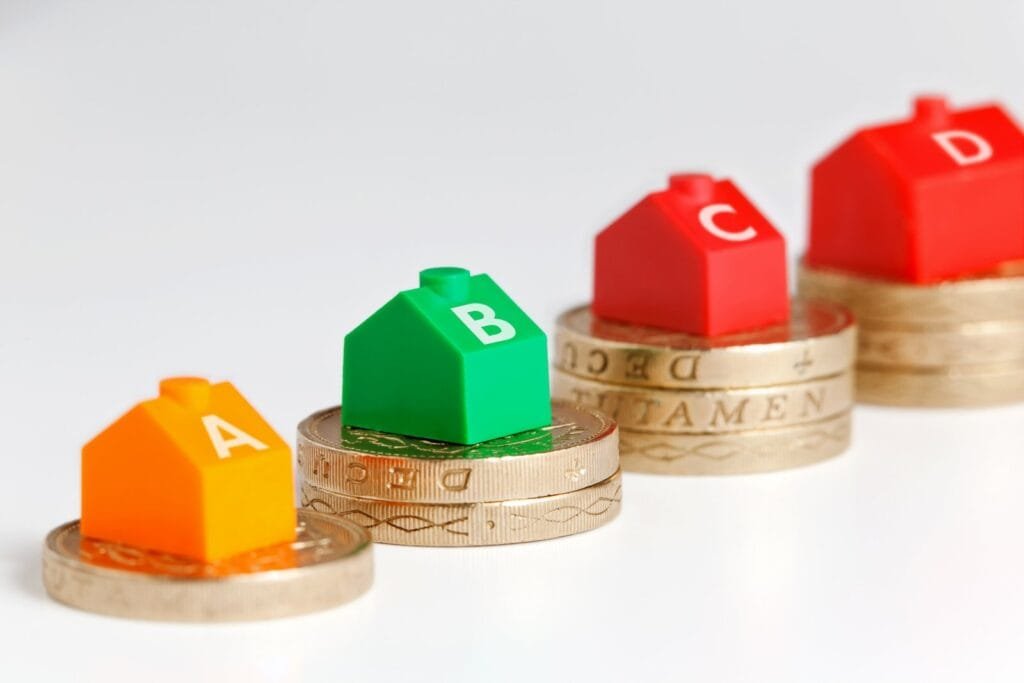Falling behind on your council tax payments? Find out how you can get your council tax debt written off and whether you’re eligible for help with our guide.
What happens if I can’t pay my council tax?
Council tax is one of the most important regular payments we make. Not only does it pay for our police and fire services, bin collections, road repairs, and local libraries, council tax is categorised as a priority debt.
It’s a priority because there can be serious consequences if you can’t keep up with your payments and fall into council tax arrears. Local authorities have the legal power to force you to pay your entire annual bill in one go if you miss payments and they can even call the bailiffs if you don’t pay your council tax debt.
If money is getting tight and you’re finding it harder to pay your bills, it’s best to seek council tax debt help as soon as possible.
As soon as you miss just one payment, you’ll officially be in council tax arrears. A reminder letter will be sent to your house 14 days after the payment was due. What happens next depends on whether you’re able to pay the bill straightaway or not. If you can, pay it within seven days. If you miss this deadline, then the local authority can ask you to cover the full year’s council tax bill in one payment (and you’ll only have seven more days to pay).
If you fail to do so, you’ll be issued a final notice and are at risk of being taken to court. Not only will this mean you need to pay additional court costs on top of your council tax debt, but you could also face a council tax liability order, which allows court-appointed debt collectors to be instructed to recover the money owed.
Can I get a council tax reduction?
Depending on your circumstances, you might be able to get your payments reduced before falling into council tax arrears.
The reductions available differ depending on the council where you live but you might be eligible for a council tax discount if you have low income, live with someone with a disability, are the only adult living in the property, or share your house with people who aren’t eligible for council tax such as full-time students.
In England, there are also councils that allow people to claim a Second Adult Rebate on their tax. This can apply when you live with an adult on a low income, who isn’t liable for council tax, and who doesn’t pay rent to you.
If you need help dealing with council tax debt but can still afford to pay some money towards your bills, you can ask the council to implement a council tax plan. This is when the local authority agrees to reduce your payments based on the amount you can realistically afford to pay.
Can I get council tax debt written off?
The good news is that council tax debt can be written off. In fact, almost £2.7m worth of council tax debt was scrapped by councils in 2020/21.
Each local authority has the power to get council tax debt written off under Section 13A(1)(c) of the Local Government Finance Act 1992. This legislation was designed to help people with uninhabitable homes due to fire or flood damage, but it can also be used if you’re in severe financial hardship or are suffering from a serious physical or mental health condition.
Every council applies the policy differently but typically, you will be in severe hardship if you don’t have any money left over to pay your council tax after covering your other household bills. They can choose to reduce the balance of your council tax debt, write it off completely, or offer a discount on your bill.
To apply to have your council tax debt written off, you should go directly to your local authority. They may have a form that you need to complete but if not, write to them stating that you want to apply for discretionary relief under Section 13A of the Local Government Finance Act 1992. You’ll also need to provide evidence of your financial situation such as bank statements, payslips, or benefit letters.
Even if they ultimately refuse to write off your debt, every council must carefully consider each application and can’t just dismiss them out of hand.
Can an IVA write off council tax debt?
When dealing with council tax debts, there are some debt management solutions that could help you take control of your arrears in England and Wales. Entering bankruptcy or a debt relief order will lead to council tax arrears being written off, but these options can also affect your financial circumstances in other ways.
Entering an individual voluntary arrangement (IVA) can allow you to include your council tax arrears in your IVA proposal and have them written off eventually.
Of course, there’s no guarantee that your council will allow the debt to be included in your IVA and it will depend on how they vote at the meeting of creditors. But if they do agree, your council tax debt will be included in the IVA payment you make each month.
Most IVAs last five or six years and will legally protect you from being pursued by the local authority. If you’ve kept up with your repayments throughout the arrangement but haven’t paid off the full debt, any remaining council tax arrears will be written off and you’ll be left debt free.
Looking to find out more about how an IVA could help write off your council tax debt? Our team of friendly debt advisors are here to help. Find out more by calling 0161 660 0411 or send us an email.






